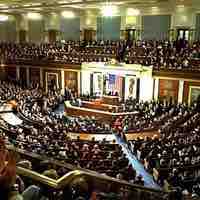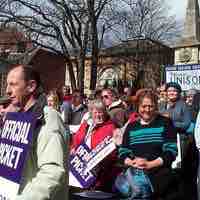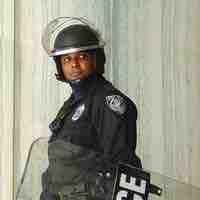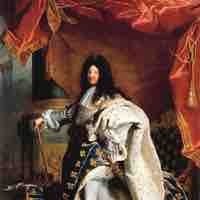Section 1
Politics, Power, and Authority
By Boundless

Political sociology studies the relation between state and society, authority and power, and the methods used to formulate social policy.

Power is frequently defined as the ability to influence the behavior of others with or without resistance.

Authority refers to the use of power that is seen as legitimate or socially approved/recognized.

Max Weber conceived of the state as a monopoly of the legitimate use of physical force.

Traditional authority refers to a form of leadership in which authority derives from tradition or custom.
Rational-legal authority is a form of leadership in which authority is largely tied to legal rationality, legal legitimacy, and bureaucracy.
Charismatic authority is power legitimized by a leader's exceptional personal qualities, which inspire loyalty and obedience from followers.

In the United States, transfers of authority generally occur after presidential elections.